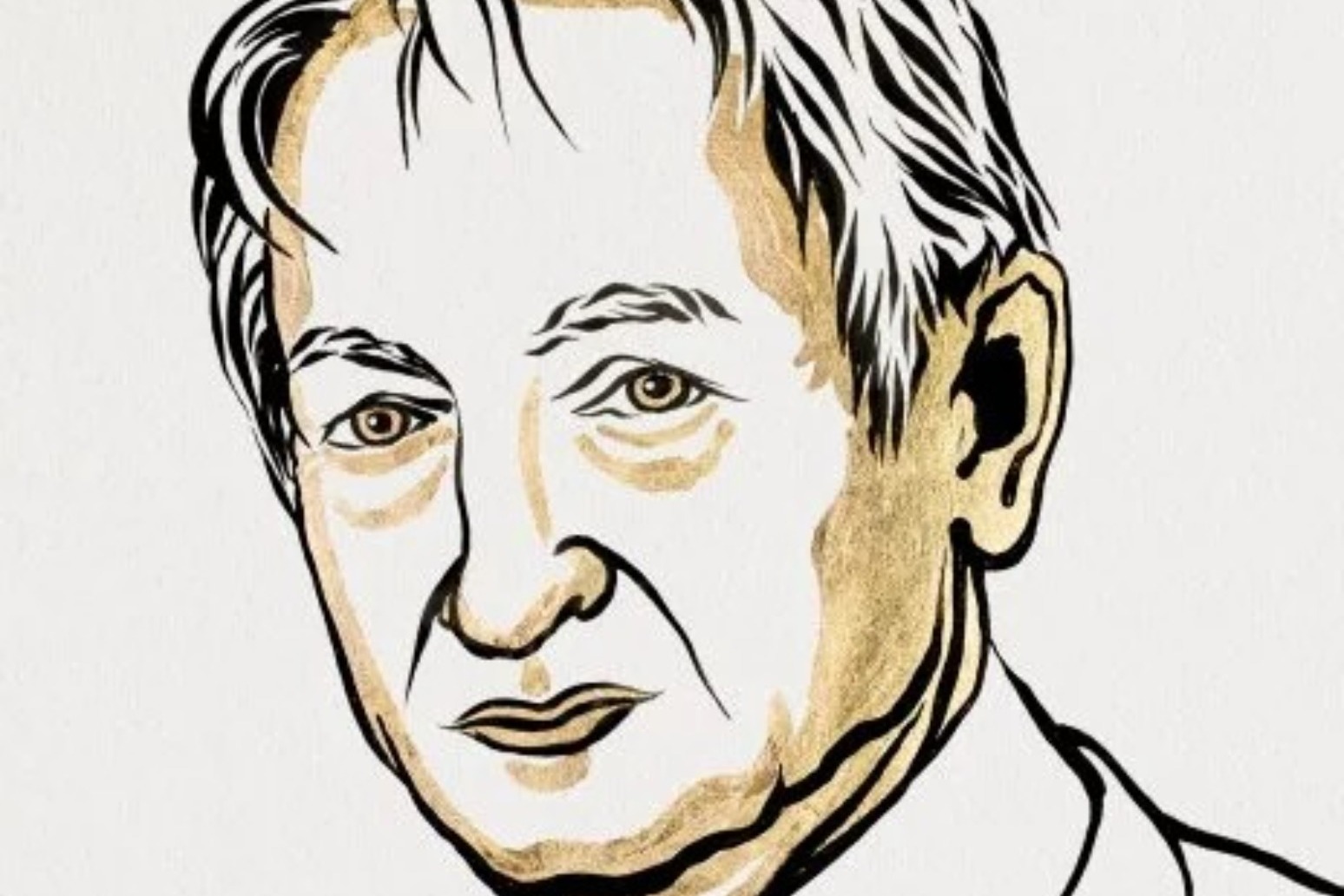
A British-Canadian computer scientist who warned that artificial intelligence (AI) could pose an existential threat to humanity has been awarded this year’s Nobel Prize in Physics.
Professor Geoffrey Hinton, often touted as the “godfather of AI”, shares the honour with US academic John Hopfield for their pioneering work on machine learning, which powers AI.
The announcement was made by the Royal Swedish Academy of Sciences at a press conference in Stockholm, Sweden.
Prof Hinton, 76, who has warned about the dangers of intelligent machines, said he was “flabbergasted”, adding: “I had no idea this would happen. I’m very surprised.”
The University of Toronto professor resigned from Google last year, saying he was worried about the “existential risk” posed by machines that could outsmart humans.
Speaking on the phone at the event in Stockholm, Prof Hinton described the call about being awarded the Nobel as a “bolt from the blue”, saying: “I am in a cheap hotel in California that does not have an internet connection and does not have a very good phone connection.
“I was going to get an MRI scan today, but I think I’ll have to cancel that.”
Machine learning is a key component of AI which allow machines to perform tasks that mimic human intelligence, such as learning, reasoning, and problem solving.
The impact of AI can be seen in every aspect of human lives, from uncovering hidden cancers and editing photos on phones to powering systems such as ChatGPT.
Prof Hinton, who shares a prize fund worth 11m Swedish kronor (£810,000) with Prof Hopfield of Princeton University, said artificial intelligence will have a “huge influence” on humanity that could be comparable with the Industrial Revolution – a period of scientific and technological development in the 18th century.
He added: “But instead of exceeding people in physical strength, it (AI) is going to exceed people in intellectual ability.
“We have no experience of what it is like to have things smarter than us, and it is going to be wonderful in many respects.”
Prof Hinton said that in areas like healthcare, AI will make things “more efficient” with “huge improvements in productivity”.
But he also said he was worried about “a number of possible bad consequences, particularly the threat of these things getting out of control”.
When asked about whether he had any regrets about his groundbreaking work on AI, Prof Hinton said: “There are two kinds of regret – there is regret where you feel guilty because you did something you knew you should not have done, and then then there is regret where you did something that you would do again in the same circumstances.”
He said that he “would do the same again” but was “worried that the overall consequence of this might be systems more intelligent than us that eventually take control”.
Prof Hinton said he uses Chat GPT 4 “whenever I want to know the answer to anything”, but he does not usually trust the chatbot, “because it can hallucinate”.
Commenting on the announcement, Professor Sir Keith Burnett, president of the Institute of Physics, said: “Congratulations to John J Hopfield and Geoffrey E Hinton for winning the Nobel Prize in Physics today.
“It is incredibly exciting to see key ideas and techniques in Physics helping to drive new ways to model and understand the wider world and machine learning is undoubtedly one of the transformational technologies of the future.
“Their work with artificial neural networks is contributing to a whole new generation of smarter, faster and more adaptable processing and thinking systems, which could transform all of our lives.”
Meric Gertler, preseident of the University of Toronto, said: “On behalf of the University of Toronto, I am absolutely delighted to congratulate University Professor Emeritus Geoffrey Hinton on receiving the 2024 Nobel Prize in Physics.
“The U of T community is immensely proud of his historic accomplishment.”
Ellen Moons, a member of the Nobel committee at the Royal Swedish Academy of Sciences, said the pair “used fundamental concepts” from physics to “design artificial neural networks” that have “become part of our daily lives, for instance in facial recognition and language translation”.
Published: by Radio NewsHub









